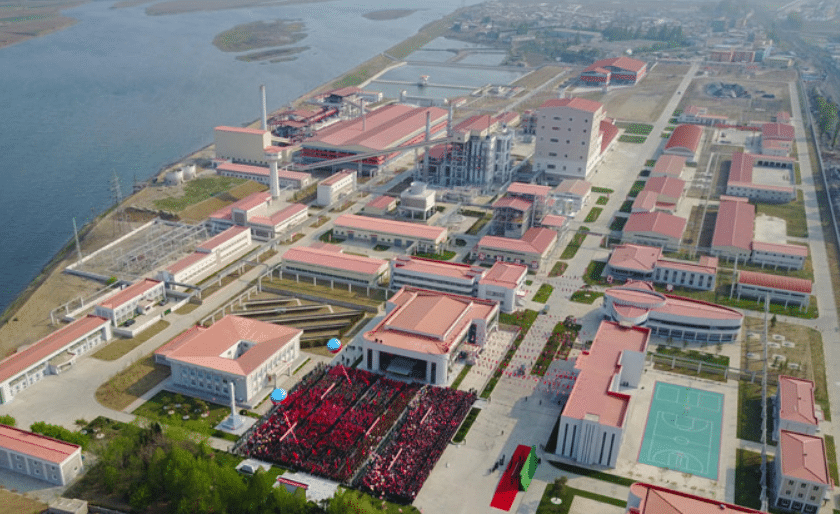In a tragic display of desperation against an oppressive regime, North Korean workers in China, fighting for their unpaid wages, resorted to extreme measures that led to the death of a factory management representative.
Nearly 2,000 laborers from North Korea, working at a factory involving medical manufacturing and seafood processing in the city of Helong, took drastic action by occupying the facility. This incident unfolded on January 11, reported by the Yomiuri, a Japanese newspaper that learned the details from North Korean sources.
The workers, many of whom are women who served in the military, were furious over not having been paid their wages. They held the company’s management and North Korean monitoring staff hostage. These workers were so determined to receive their due pay that they threatened to strike until they were compensated.
When North Korea’s government sent officials to manage the situation, the defiant workers blocked them from entering. The situation escalated into a riot that went on until January 14, which is when the report claims that the management representative was killed by the enraged workers.
This incident marks a significant moment of rebellion for young North Koreans, showing that they will not tolerate being treated like slaves. They had learned that their peers, who had returned to North Korea previously, had not received their pay either, fueling their outrage.
In Jilin province, these working North Koreans usually make between 700 to 1,000 Chinese yuan a month (around $97 to $140). However, the companies sending them took a larger sum of around 2,500 to 2,800 yuan from the Chinese firms, leaving the workers with much less. Adding insult to injury, the North Korean trading company did not hand out any wages, claiming it needed funds for wartime preparations, an excuse that seems all too convenient.
Millions of dollars that should have gone to these workers were instead given to North Korean leadership or pocketed by executives. In response to the riot, the North Korean authorities did pay the overdue wages to calm the workers. Yet, about 200 of the workers were identified as lead rioters, with half sent back to North Korea, likely facing severe penalties.
Kim Jong Un, the North Korean leader, received a briefing on this event. The laborers involved in leading the riot could face harsh retribution, such as being sent to political prison camps. This report came after revelations from Ko Young-hwan, a former North Korean diplomat who defected to South Korea and now serves as a special aide to South Korea’s Unification Minister. He noted that such protests had occurred across several factories starting January 11.
According to South Korea’s National Intelligence Service, there has been a considerable revolt among these laborers in Jilin province. China hasn’t confirmed these disturbances. It’s worth mentioning that North Korea sending workers abroad is against U.N. Security Council resolutions. Nevertheless, around 90,000 North Korean workers remain abroad in places like China, Russia, the Middle East, and Africa due to the pandemic border closures.
Key Takeaways
- A group of North Korean workers stationed in China occupied a factory and killed a management representative amid protests over unpaid wages.
- About 2,000 workers took part in the occupation, staging a strike and taking hostages to demand payment.
- These actions highlight the desperate situation of North Korean workers and a growing unwillingness to accept authoritarian exploitation.
- Following the protest, North Korean authorities paid the workers, but repercussions for those leading the riot could be severe.
- The presence of North Korean workers overseas continues despite United Nations sanctions against such practices.

